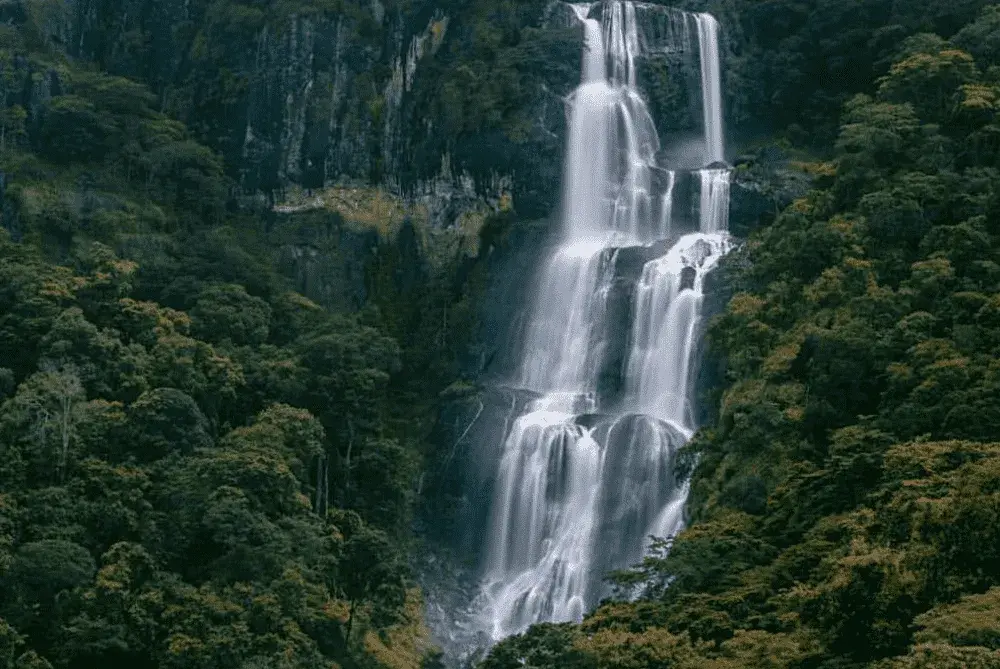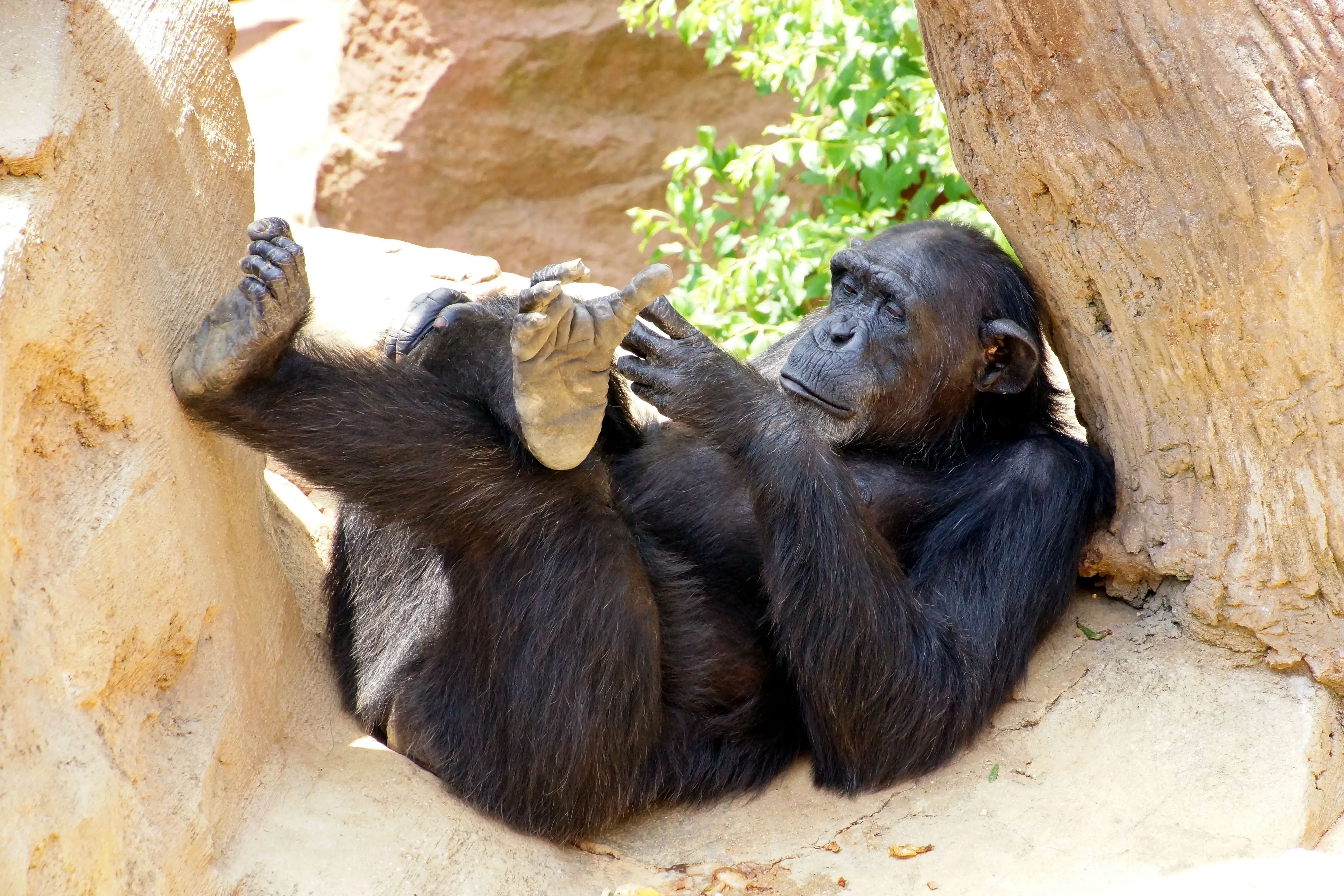
Udzungwa Mountains National Park
Towering steeply over the Kilombero Plains 350km southwest of Dar es Salaam are the wild, lushly forested slopes of the Udzungwa Mountains, portions of which are protected as part of the 1900-sq-km Udzungwa Mountains National Park – an intriguing offbeat destination for anyone botanically inclined or interested in hiking away from the crowds.
In addition to an abundance of unique plants, the park is home to an important population of primates (10 species – more than in any of Tanzania’s other parks) as well as the grey-faced sengi (a species of elephant shrew). There are also elephants, buffaloes, leopards, hippos and crocodiles, although these – particularly hippos and crocodiles are primarily in the park’s southwest and seldom seen. Birding is excellent, especially on the surrounding Kilombero floodplains. A good place to start is in the wetlands bordering the main road about 2km north of Mang’ula town, just below Hondo Hondo camp. Behind here, at the forest’s edge, colobus and other primates are frequently spotted.
Activities
There are no roads in Udzungwa; instead, there are about eight major and several lesser hiking trails winding through various sections of the park. Most trails are on the eastern side of the park, although several are now open in the west as well, including some shorter day trails in the baobab-studded northwestern corner of the park around Msosa Ranger Post. Bring a water filter for longer hikes.The going can be tough in parts: the trail network is limited and those trails that do exist are often muddy, steep, humid and densely overgrown. Infrastructure is rudimentary and you’ll need to have your own tent and do your hiking accompanied by a guide. In wildlife areas you’ll also need to be accompanied by an armed ranger.
For supplies there’s a tiny market in Mang’ula near the train station, and another small one in town to the north of the station, both with limited selections. Stock up on major items in Dar es Salaam or Morogoro. For longer hikes, bring a supply of dried fruit and nuts to supplement the bland locally available offerings. You can find bottled water near the markets (bring a water filter for longer hikes).















